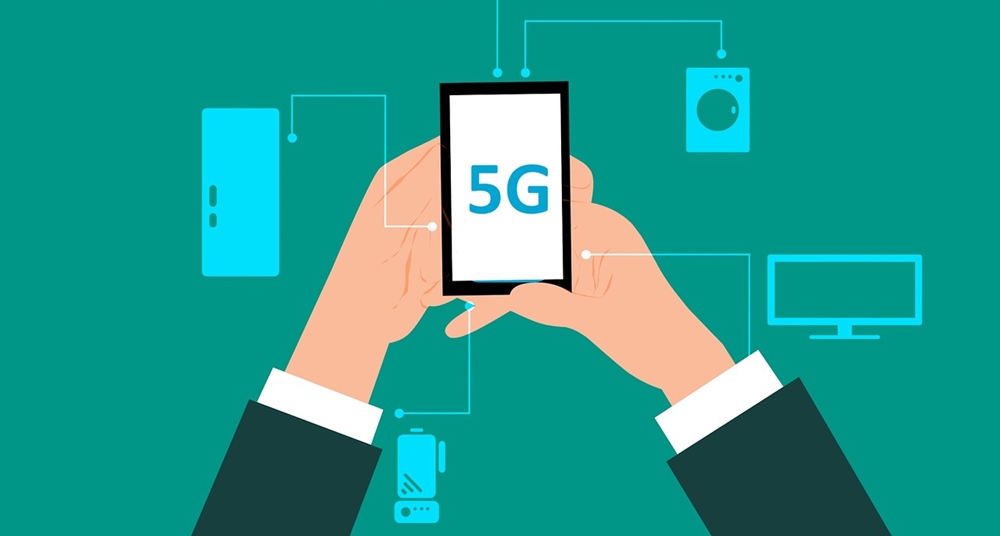
Immersive virtual reality (VR), self-driving cars and remote controlled robots are just some of the things telecommunications service providers expect future 5G mobile networks to make possible.
However, some large service providers are in agreement, according to a recently released study by Global Data, that higher bandwidth 5G networks will be insufficient to support these emerging applications without Intelligent Edge Computing.
Recent initiatives by large service providers, including Verizon, AT&T and Deutsche Telekom, illustrate the importance that is being attributed to edge computing as an essential component for unlocking the benefits of 5G.
“Edge computing involves the deployment of computer power, data storage and management closer to the end users of digital content and applications,” said Chris Drake, Principal Analyst at GlobalData. “This allows the associated data to be processed, analyzed and acted on locally, instead of being transmitted over long distance networks to be processed at central data centers. The benefits of handling data and running applications locally include cost-savings, based on a massive reduction in the amount of bandwidth that’s required to transport data across long distance networks for processing. Benefits also include the higher performance that’s achieved by running applications closer to end users.”
Verizon in January announced that it had successfully tested edge computing technology on a live 5G network at its testbed in Houston, Texas. According to Verizon, the use of edge computing within its Houston 5G network resulted in a 50 percent reduction in latency associated with sending data.
“Nevertheless, plenty of challenges lie ahead for 5G and edge computing, including the need to develop viable business models around the new technologies, and a host of security concerns created by emerging 5G and edge computing use cases, whose distributed architectures will include many more locations at which security breaches can occur,” he asserted. “These and other concerns mean that, for many, new 5G applications may be slow to materialize.”
The IoT Evolution Expo, and collocated events, IoT Evolution Health, LPWAN Expo, The Smart City Event, and IIoT Conference, will take place Jan. 29 to Feb 1 in Ft. Lauderdale, Florida. Visit IoTEvolutionExpo.com to register now.Edited by
Ken Briodagh





